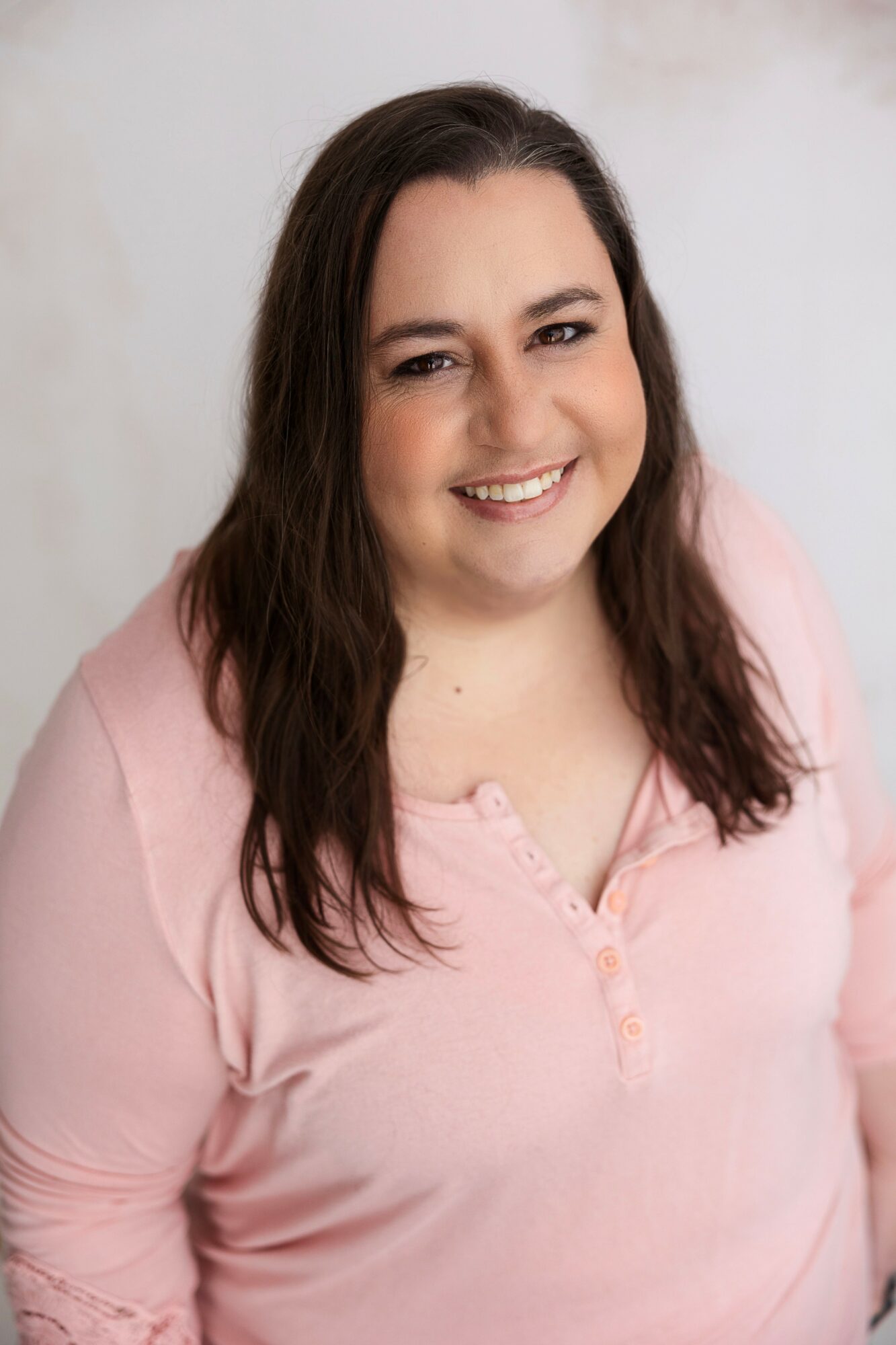

Emily Sterk shared their story and experiences with us recently and you can find our conversation below.
Emily, really appreciate you sharing your stories and insights with us. The world would have so much more understanding and empathy if we all were a bit more open about our stories and how they have helped shaped our journey and worldview. Let’s jump in with a fun one: What do you think is misunderstood about your business?
I get this question a lot, and I appreciate the chance to speak to it. I work in two spaces; as a mental health therapist and as the founder of a nonprofit, both are incredibly meaningful to me. But they’re also often misunderstood in ways that are important to talk about.
A common misconception is that becoming a therapist is financially lucrative. The truth is, it’s a long and expensive road. After completing a bachelor’s degree, therapists must go on to earn a master’s, where it is incredibly difficult to work full time while in the programs. which last another 2–3 years. Then, depending on the state we get licensed in, we have to complete an additional 2–3 years of supervised clinical work before we’re eligible for full licensure and even that isn’t guaranteed. During that time, we’re often underpaid, sometimes earning less than a livable wage while also paying out of pocket for clinical supervision. A supervisor can cost anywhere from $8,000 to $10,000 over those two years, and that is a conservative number. Add licensing exams, application fees, liability insurance, and continuing education requirements, and it becomes a significant investment, both financially and emotionally.
Even once licensed, many therapists still don’t earn as much as people assume. Some go into private practice, others work in agencies or nonprofits, but either way, the financial return doesn’t always reflect the years of training and the emotional labor the work requires. Many students entering the field aren’t aware of this at first, and it can be discouraging when they find out.
I say this not to complain, but to be transparent. I love this work, and I feel honored to walk alongside people in their healing journeys. But I also believe it’s okay to name the hard parts.
The same goes for running a nonprofit.
There’s a widespread belief that nonprofits are constantly funded by grants or donations, that money just flows in because the mission is good. In reality, fundraising is a full-time job in itself. It takes strategy, relationship-building, data tracking, storytelling, and constant effort just to keep programs running. Also, in this political and economic climate, good luck getting the grants, because, in Kansas City alone there are around 12 thousand nonprofits.
One thing I often find myself explaining is nonprofits can and should have revenue streams. Having a source of income whether that’s fee-for-service work, merchandise, or training programs is not only allowed, it’s often essential for sustainability. A nonprofit is not just a tax status that people should choose like an LLC, the drive and purpose behind that choice is not the same, but creating sustainable income allows us to serve more people more consistently without depending entirely on the unpredictability of grants or donations.
Another misconception is around overhead. There’s a pressure to keep “admin costs” as low as possible, as if paying staff, rent, or insurance is somehow wasteful. But overhead is what allows the mission to happen. Without operations, there’s no infrastructure to deliver services. Underfunding overhead means underfunding the people and systems that make the work possible.
While it’s true that passion drives this sector, people still need rest, support, and fair compensation. Burnout is real, when mixed with the financing, it doesn’t serve anyone, especially the communities we care about, not when we normalize self-sacrifice as the standard.
I feel incredibly grateful to do work that’s purpose-driven. I also believe it’s important to have honest conversations about the realities, both the joy and the strain of working in spaces that are focused on care, healing, and social impact. We do this work because we believe in it deeply, we stay in it because we believe our communities deserve it.
Can you briefly introduce yourself and share what makes you or your brand unique?
My name is Emily, and I am the founder and lead therapist at Healing Towards Wellness This past October, we proudly celebrated our five-year anniversary!
Healing Towards Wellness is a mental health nonprofit committed to making therapy both affordable and accessible. We offer services on a deeply sliding scale and accept various insurance plans to reduce financial barriers to care. Our mission is rooted in the belief that cost should never prevent someone from accessing the mental health support they need.
Over the years, we’ve been fortunate to grow, expanding our team, offering group sessions, and partnering with like-minded organizations in our community. We’re especially excited about this year because we moved into a larger space, which will allow us to further embody our mission.
With this move, we’ll be welcoming a registered dietitian and a personal trainer to our team. This expansion will help us offer a more comprehensive, wraparound approach to care, all under one roof. We believe this integrative model is what sets us apart: by combining the heart of nonprofit work with high-quality mental health services, and whole-body wellness, we’ve created something truly special.
Thanks to financial support from various sources, we’re able to serve our community directly, supporting the local multiplier effect, which means keeping money and resources within the community. In doing so, we reduce mental health disparities and help ensure people don’t have to choose between therapy and basic necessities.
We offer a wide range of services including individual, group, couples, and family therapy. Our team supports clients in acute crisis, including those navigating eating disorders, suicidal ideation, and severe trauma, as well as those dealing with everyday challenges like depression, anxiety, PTSD, relational difficulties, and life transitions.
One of our most cherished programs continues to be our free therapy for teachers program which we launched in 2020. We’ve proudly offered up to six months of free therapy to educators, and the response has remained strong and meaningful.
Thanks for sharing that. Would love to go back in time and hear about how your past might have impacted who you are today. What part of you has served its purpose and must now be released?
Oof… let’s unpack this one.
I think the part of me that’s served its purpose is the part that had to constantly claw, fight, and prove I was worthy of other people’s time. Don’t get me wrong, being a *fighter* is a trait I’ll always hold close. But I’m learning I can redefine that identity. Now, it looks more like *leader*, *advocate*, *tenacious*, and even *rebel,* a title I’ve proudly worn from time to time.
Growing up, I struggled academically. Making and keeping friends wasn’t easy. Like so many young people, I wrestled with confidence and often felt I had to be loud just to be taken seriously, which, more often than not, didn’t work out in my favor.
Rewriting those parts of my story has allowed me to show up differently. I’m more comfortable asking for help or genuinely not sweating the small stuff, and goodness there is so much ‘small stuff’ that is unnecessary. I’ve learned to delegate, to create a collaborative environment instead of carrying everything myself. It’s not easy, relinquishing control, trusting others with something that is so personal and precious as Healing Towards Wellness is to me. No matter how much therapy you’ve done or how “attuned” people say they are, it’s vulnerable and scary to hand your dreams over to someone else. They don’t have your brain. They don’t have your exact vision, but we have to trust them anyway.
Over these past five years, I think I’ve finally been able to lay that part of me down. The part that had to *prove*. I’m not sure what came first, believing I could do it, or having people in my corner who believed in me all along, but I know one fuels the other.
What fear has held you back the most in your life?
I think one of the deepest fears is living authentically, because what if people don’t like you? People are weird and complex, as someone who works with people every day; clients, staff, students, I regularly encourage others to lower the mask and show up as their brave, authentic selves. Yet, this is something I still struggle with myself.
It’s gotten better. I’ve been able to lay down so many old narratives and layers of social conditioning. Years ago, a local therapist said something that has stuck with me: “We’re better therapists than we are humans.” There’s a raw beauty in that. It gave permission to stop holding it all together all the time.
Because the truth is, there will always be people who don’t get you and frankly, don’t want to. People you can’t be your full, authentic self around. So why give them your energy?
Some wounds never fully go away. But we can learn to honor them, learn from them, regulate, and, most importantly, choose whether or not to live from them.
The fear of showing up as my whole self and being fully accepted won’t disappear completely, but I’m trying. The best part? I don’t hide that struggle. I speak to it openly, because it’s so deeply human, so universal, even ordinary.
So a lot of these questions go deep, but if you are open to it, we’ve got a few more questions that we’d love to get your take on. Where are smart people getting it totally wrong today?
They think they’re the smartest in the room, but that mindset alone proves they’re not and volume does not equal value. True intelligence leaves room for curiosity and humility.
Okay, so let’s keep going with one more question that means a lot to us: What will you regret not doing?
Truly living.
No matter where someone is financially, in terms of privilege, or life stage there are ways to invite a little more whimsy into our lives.
Take the trip. Maybe it takes a year of planning and saving, but go.
Try the new restaurants. Check off every park in your city.
Get excited about the new movie, the book series you’re reading, the tacos you had the other day.
Volunteer. Learn the new hobby. Say yes to the small joys.
Life is hard for so many.
But we can probably live just a little more fully than we are right now.
Contact Info:
- Website: Healing towards wellness
- Instagram: https://www.instagram.com/healingtowardswellness?igsh=YWtkaWw4eWV1eGx3&utm_source=qr
- Facebook: https://www.facebook.com/share/16f4CKvYfh/?mibextid=wwXIfr
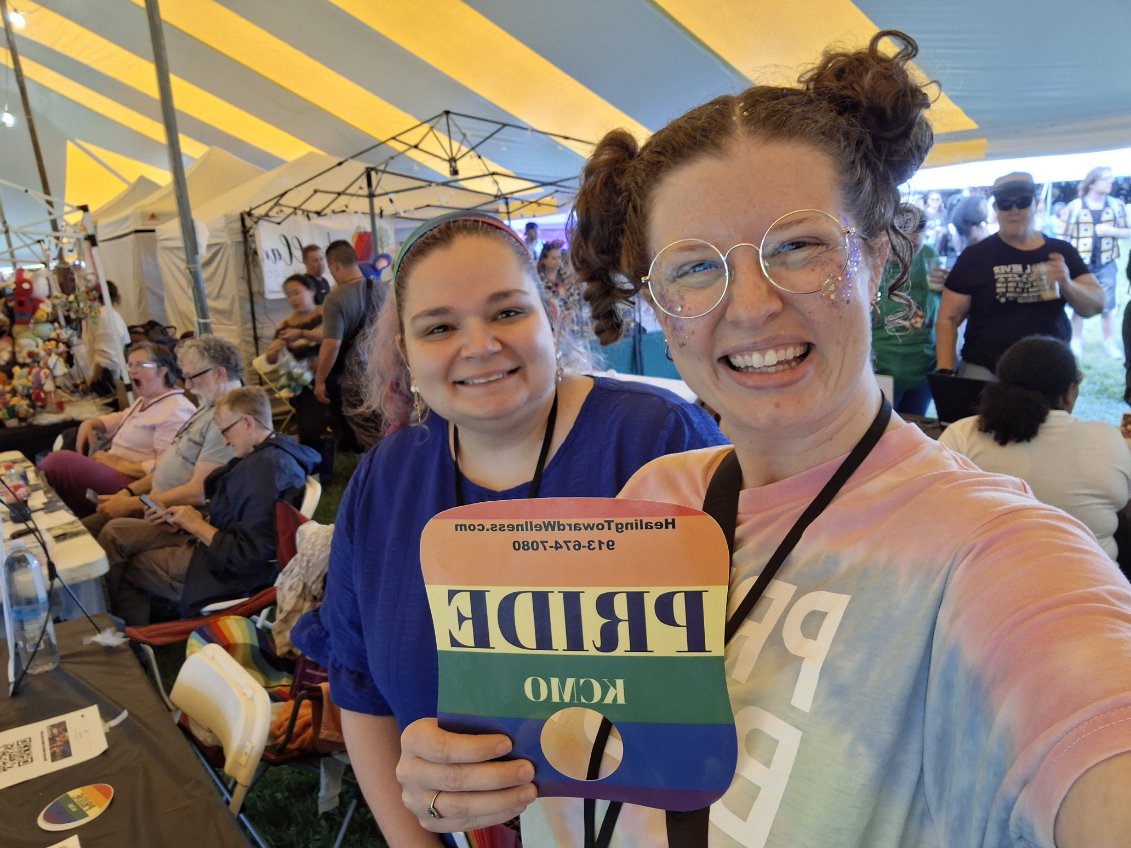
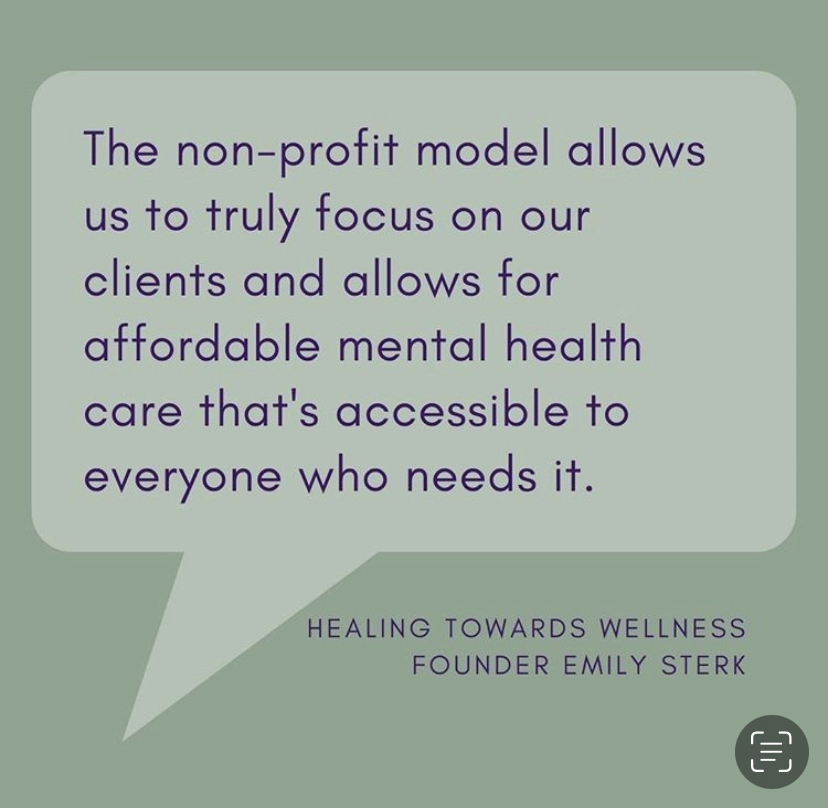
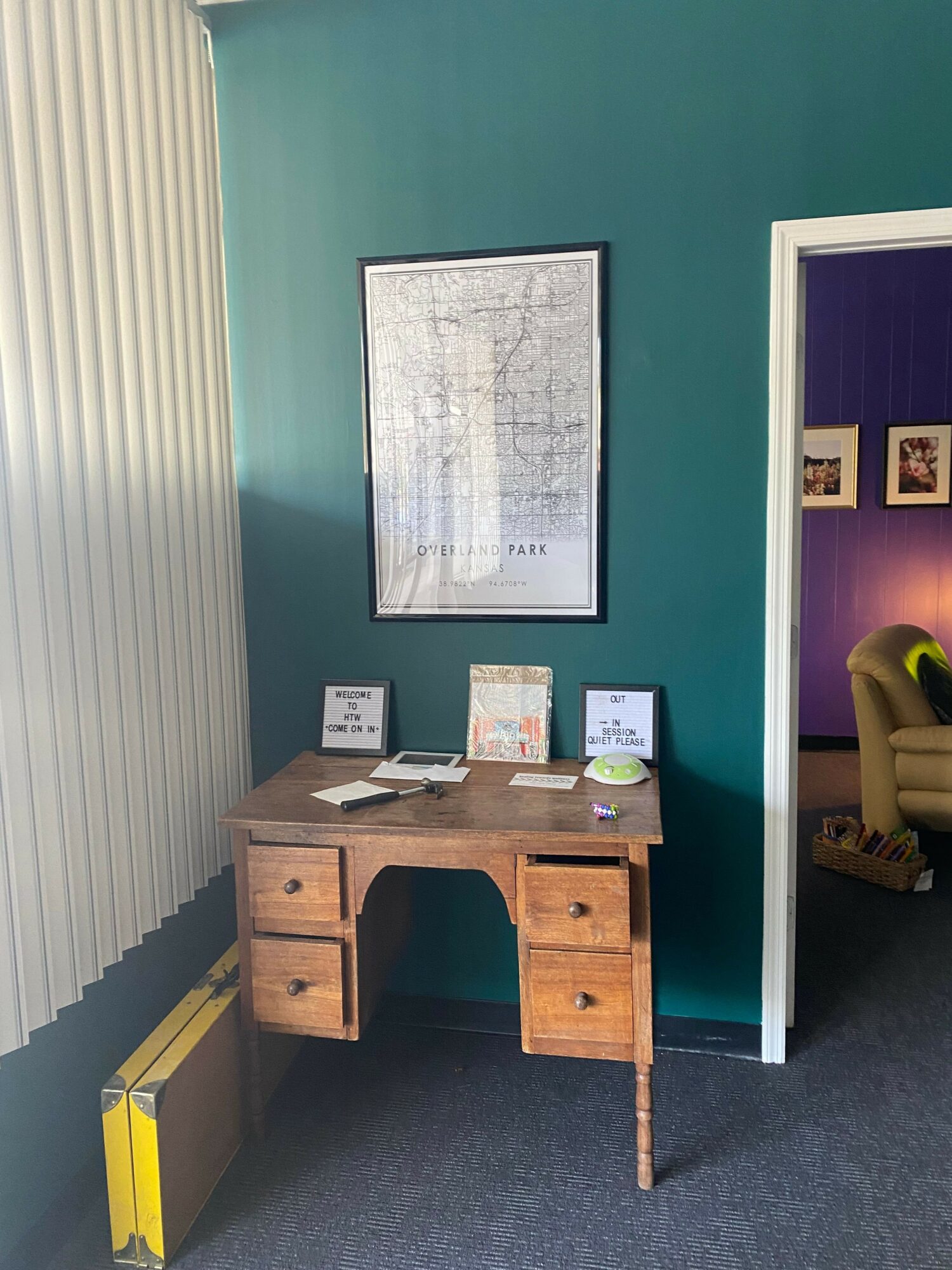
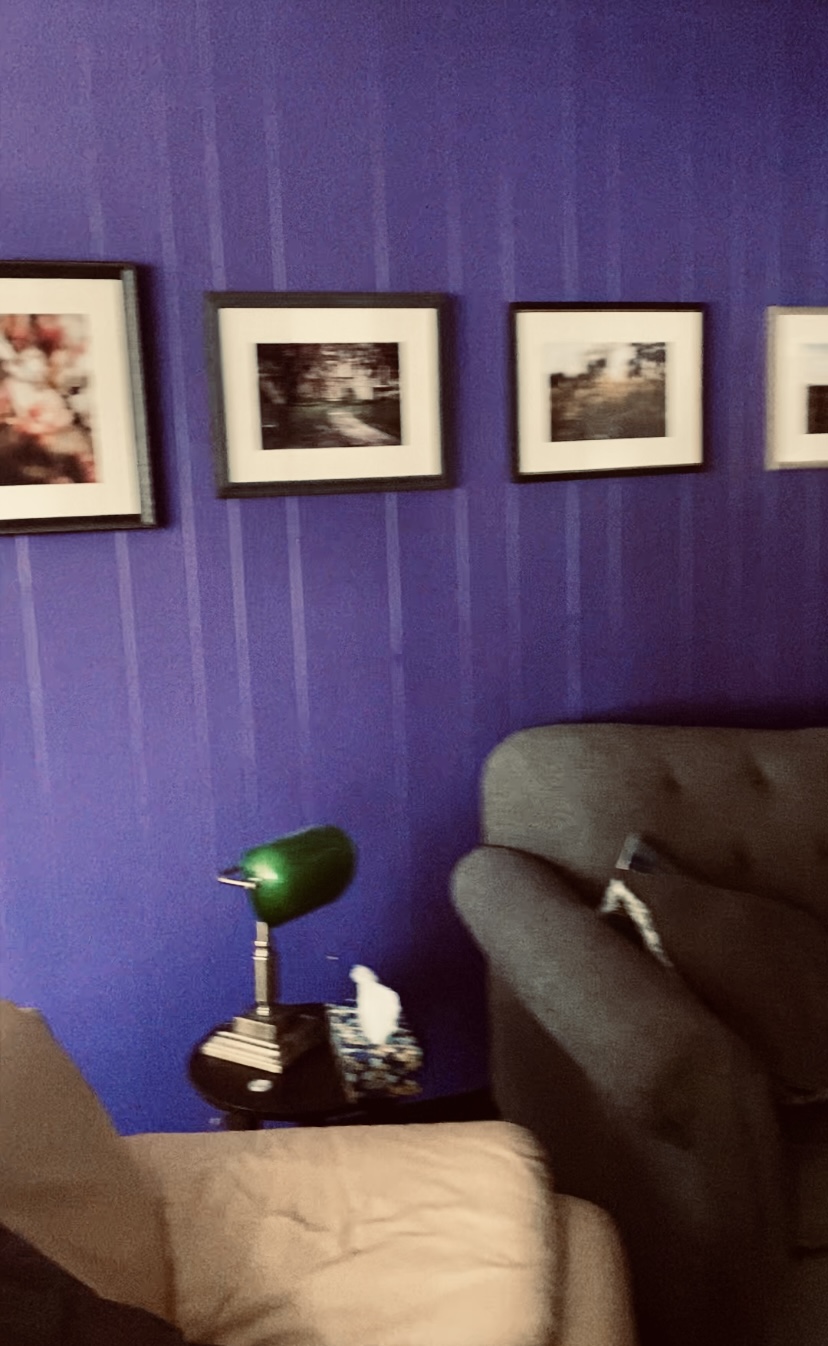
Image Credits
Headshot by Susy Photo












